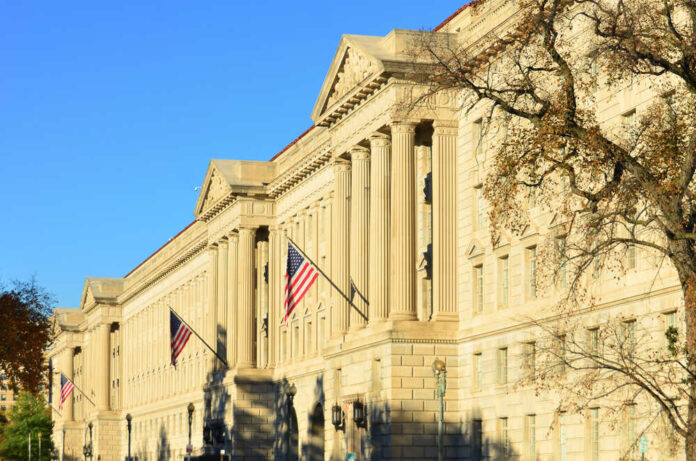
Even as “diversity, equity, and inclusion” programs are losing their luster across much of the corporate world, the federal government remains all-in on the supposed benefits of the so-called “anti-racist” ideology.
According to a recent announcement, the Biden administration is creating a new position within the Department of Commerce — a “counselor for equity” — that will be tasked with “institutionaliz[ing] equity across all workstreams and advis[ing] senior leadership on policy design and implementation strategies that help advance the equity agenda.”
Former Florida International University counselor Ines Hernandez was selected to be the first person to hold the new title and will be working within the agency’s DEIA Council. In addition to the aforementioned diversity, equity, and inclusion, the “A” adds “accessibility” into the mix.
First-ever ‘counselor for equity’ appointed at Biden’s Department of Commerce. It would be better if they helped create a climate for business to lift all people by giving them a good job. This administration is nuts. https://t.co/TZkAZS3pz5
— Sen. Kevin Cramer (@SenKevinCramer) February 18, 2023
Biden signed an executive order on Thursday directing all federal entities to release an “equity action plan” each year that includes specific steps designed to provide more access to “underserved communities.”
The action builds on a similar order he signed in 2021 that called on federal agencies to develop a “whole-of-government approach to equity.”
https://www.youtube.com/live/IX9nMUn2lIY?feature=share
According to a White House statement touting the most recent action, the “meaningful progress” of the current administration has not gone far enough to allow communities that “have endured generations of discrimination and disinvestment” to clear the “unacceptable barriers to equal opportunity and the American Dream.”
The proclamation called for a rejection of the “narrow, cramped view of American opportunity as a zero-sum game.”
Specifically, the action requires half of the funding for all federal contracts to go to “small disadvantaged businesses” and provides new mandates regarding how agencies must address perceived threats to the civil rights of certain communities.
Furthermore, the order emphasizes technology as a tool for addressing DEI concerns by demanding that agencies use “artificial intelligence and automated systems” to combat ostensible inequities.
As the White House concluded, this executive order “instructs agencies to focus their civil rights authorities and offices on emerging threats, such as algorithmic discrimination in automated technology; improve accessibility for people with disabilities; improve language access services; and consider opportunities to bolster the capacity of their civil rights offices.”




























